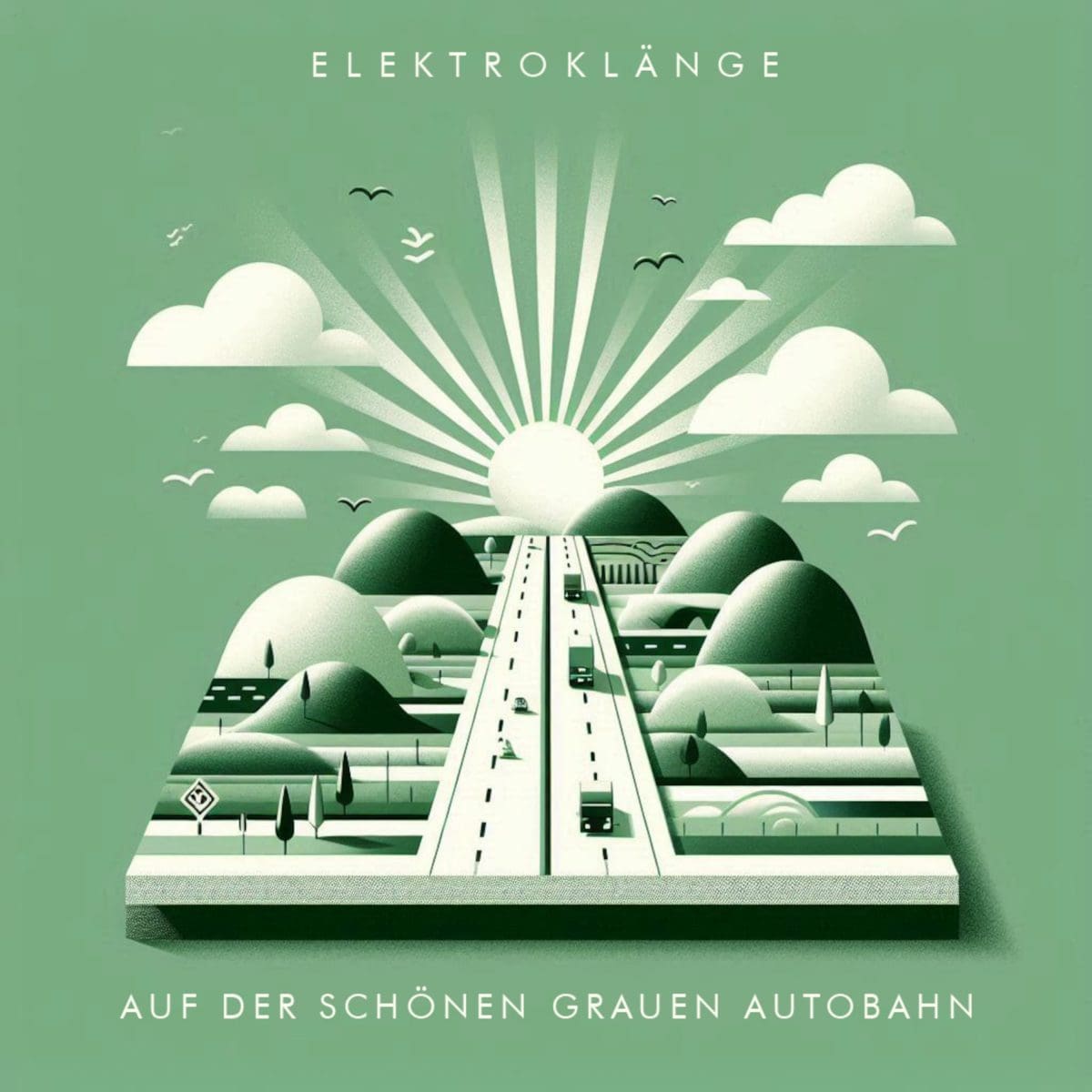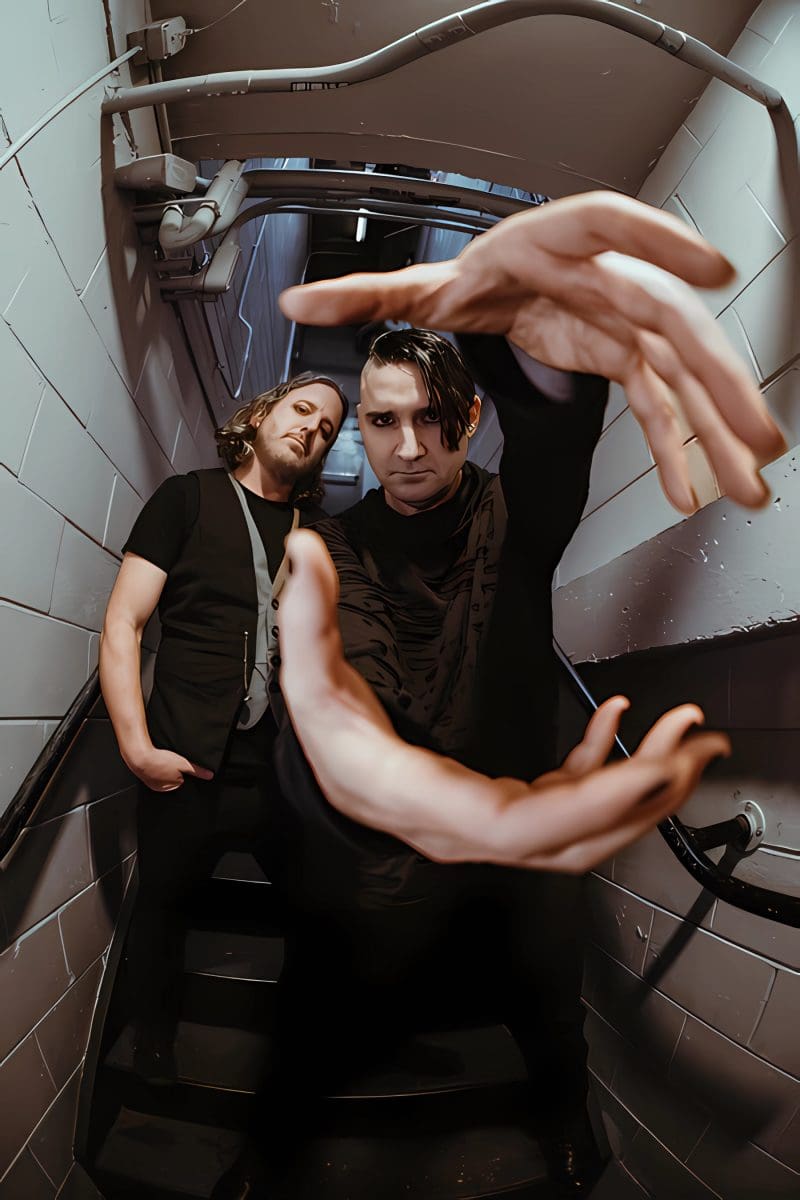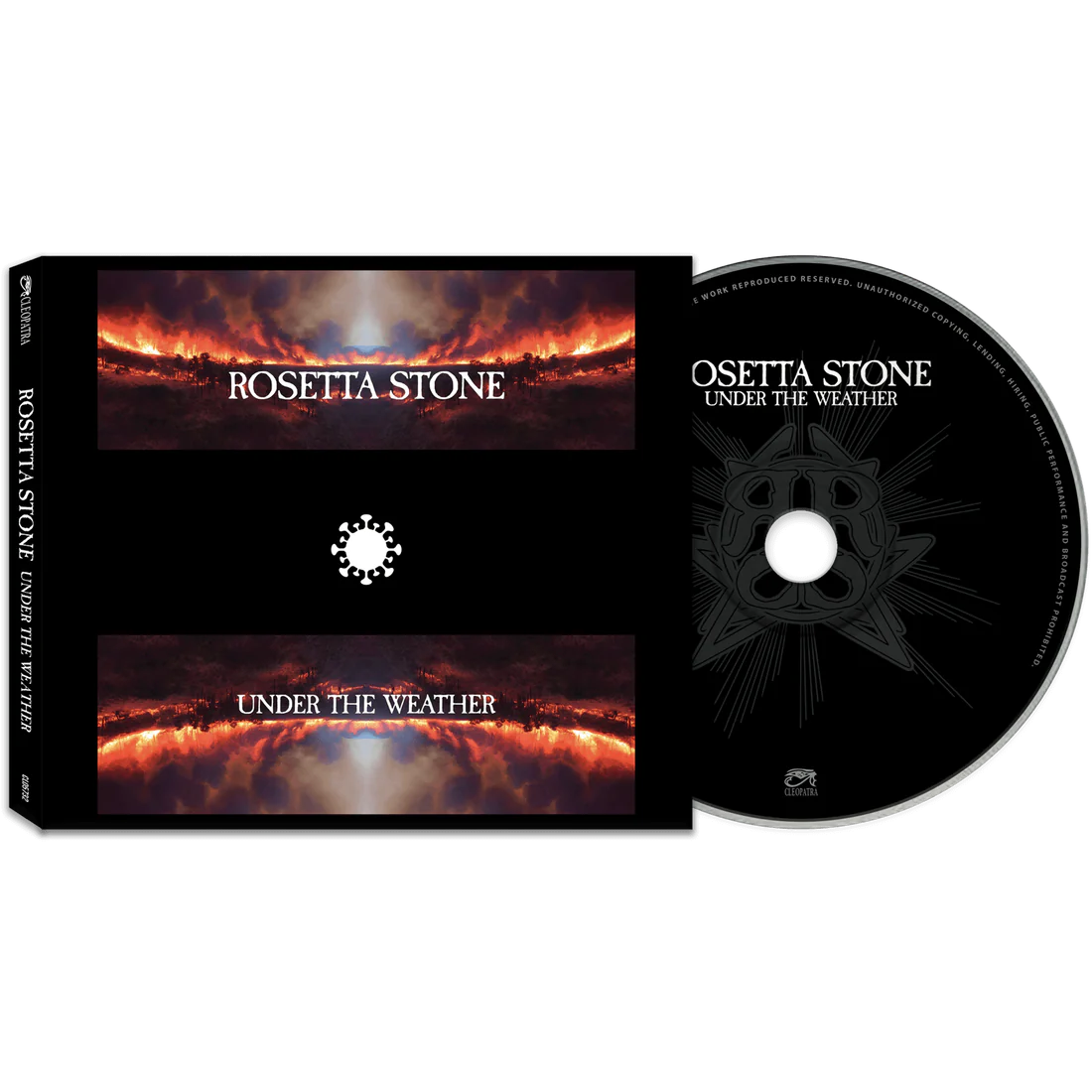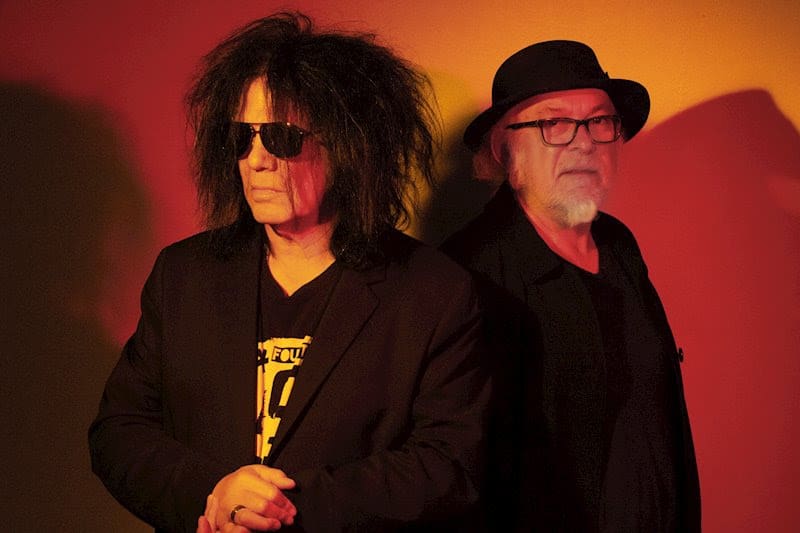‘Click Interview’ with Raffaele Pezzella: ‘My Dream Is To Publish “Anthologies” Covering The Most Distant And Unknown Corners Of The World, From Alaska To North-Korea’

Raffaelle Pezzella is an Italian artist (Sonologyst) and label owner. He set up Unexplained Sounds Group in 2015. The goal and concept of the label became a kind of investigation of contemporary world-wide underground music related with experimental-, industrial- and dark-ambient stuff. The compilation series make you discover underground music from very distant and unknown underground scenes. According to me it’s one of the most fascinating compilations I’ve ever heard. I highly support the work of Raffaele Pezzela for the original concept, but also for the efforts he put in it. Respect!
(Courtesy by Inferno Sound Diaries)
Q: I think it’s now five years ago you started compiling the “Survey”-compilation series. Can you briefly remind us what it’s all about? What has been the original purpose of this compilation series?
Raffaele:Yes exactly. Everything started in the month of February 2015. The first “Survey” was focused on the Italian experimental music scene. Back in time I had no idea what kind of project I would working on during the following years. This first “Survey” was made just to collect music from my country, made by various musicians I was in contact with. The release got good reactions online (it was a digital release only). Next I decided to continue exploring other music scenes like the ones of France, Portugal, Spain, Germany, Scandinavia, UK etc..
At a certain point, after working on a Russian ritual ambient compilation, I realized that there was much more to do in terms of concept; not just limiting to compile anthologies, but thinking about how the new and experimental music could be rooted and connected to the folk music traditions of the places musicians come from. That was the reason why I began to look at the non-Western countries, where that connection is more evident and meaningful, as on the musical side, as well on the social and political side. Eventually the whole project is under the name “Sound Mapping Project”.
Q: How do you proceed to find and select the artists for your compilations? Do you’ve some specific criteria when it comes to influences, sound & production? And what about the place where the artists stay (I mean do all the artists featured on the compilations reside in their own country or abroad)?
Raffaele: The majority of them lives in the origin country; actually only a few of them live abroad, I’d say less than 20%. Of course Internet is a powerful media to be in touch with people from all over the world, and managing various social pages, I have daily contacts with artists from everywhere, since many years.
Currently the most important criteria I have in mind to produce a new “Anthology”, is the connection of the contemporary music research with the folk music roots of the country the “Anthology” is dedicated to. If you like, it’s in a certain way like the Unexplained Sounds Group label is (or would like to be) a sort of Folkways or Ocora label of the experimental and alternative music.
The most interesting aspect of this research criteria is that the music is not caged in a globalized approach; in every “Anthology” you have to feel and taste the culture of the country in question, and not music that is substantially very similar to the most trendy music coming from US or UK. There is a form of political resistance behind this, even though often it’s not present at a conscious level. Some artists like Ghazi Barakat (Pharoah Chromium) from Palestine, or the Mohammad and Mehdi Mehrabani-Yeganeh brothers (Saint Abdullah) from Iran, are politically involved in an explicit way, while many others aren’t. But all of them have in common the same love for the musical traditions of their birth places.
In terms of sound, that means I won’t ever release a compilation totally focused on the noise scene of a non Western country, simply because noise music is more or less the same everywhere.
Q: I can imagine you must have discovered some interesting artists and eventually unknown scenes? What have been your greatest discoveries and experiences thus far?
Raffaele: No doubt about it, the discovery of the Iranian experimental music scene. The number of musicians playing electronic music, electro-acoustic, dark-ambient and avant-garde is simply impressive there. I wouldn’t ever imagine a such abundance of projects. So I began to study the evolution of new music in Iran and found that in 70’s the government provided a home for the flowering of electronic music and avant-garde arts. An officially sponsored arts festival (the “Shiraz”-festival) featured music, at times commissioned, by musicians such as Iannis Xenakis, John Cage, Gordon Mumma, David Tudor and Karlheinz Stockhausen. Western works were programmed alongside traditional Persian music, dance and drama, and contemporary Iranian cinema. Plans were developed for a significant arts center, which was to include state of the art electronic music and recording studios. A new generation of Iranian composers and artists were inspired by the festivals to integrate contemporary techniques and aesthetics, often including electronics. Further developments within Iran came to a halt with the coming of the Islamic Revolution in 1979.
Q: I can easily imagine it’s not an easy job compiling such a compilation series so what are the main difficulties you encountered? And what about the artists, which are sometimes living in hostile political regimes (think about Iran, Israel, Palestine, Lebanon etc…)?
Raffaele: Of course artists are extremely happy their music can be highlighted to the Western audiences. The biggest difficulty is when you face a project regarding places where there are still not so many avant-garde musicians. For example Africa is a continent with a great potential, but if you exclude the African musicians living outside their countries, you can’t find hundreds of people to work with. It’s the reason why I still couldn’t find a single African country to focus on (maybe Egypt could be an exception), and preferred to consider the entire continent. Probably in Africa the history was different than in some regions of Middle-East (Iran or Lebanon), but on the other hand that is an exciting aspect too, for I’m sure in the near future we’re going to be very surprised by the African musicians in terms of experimental music. The Unexplained Sounds Group’s radar will be pointed to them for sure.
Q: Referring to label deals, airplay, concerts etc… what’s the impact of such a compilation series and what have been the reactions you and the bands got?
Raffaele: At the moment I’m still not involved with events and the organization of live concerts. I hope to work on that in the future, but at the moment time is barely enough to manage all the things I already do, including my own music project Sonologyst.
The impact was very good thusfar, and the resonance of these projects is spreading more and more by the time passing. Hundreds of people contacted me to tell they had no idea of the existence of such music in places like Iran, Lebanon, Cameroun, Kuwait, Afghanistan and so on, and even though the label is very small and self financed, the exposure is coming to grow. Official magazines are still partially absent, but new media like ‘Bandcamp daily news’ already gave much result to the “Sound Mapping Project”, alongside with many music critics like you. And we all know that digital media are the future.
Q: Are there some countries and/or places on earth you’ll not try to get on board and what are the further compilations we might expect?
Raffaele: Absolutely not. My dream is to publish “Anthologies” covering the most distant and unknown corners of the world, from Alaska to North-Korea. Just I hope to live enough to complete the mission (lol). The next compilation is going to be released while I’m having this interview with you. It’ wil be an anthology focused on experimental music from Indonesia. Stay tuned!!
Since you’re here …
… we have a small favour to ask. More people are reading Side-Line Magazine than ever but advertising revenues across the media are falling fast. Unlike many news organisations, we haven’t put up a paywall – we want to keep our journalism as open as we can - and we refuse to add annoying advertising. So you can see why we need to ask for your help.
Side-Line’s independent journalism takes a lot of time, money and hard work to produce. But we do it because we want to push the artists we like and who are equally fighting to survive.
If everyone who reads our reporting, who likes it, helps fund it, our future would be much more secure. For as little as 5 US$, you can support Side-Line Magazine – and it only takes a minute. Thank you.
The donations are safely powered by Paypal.











